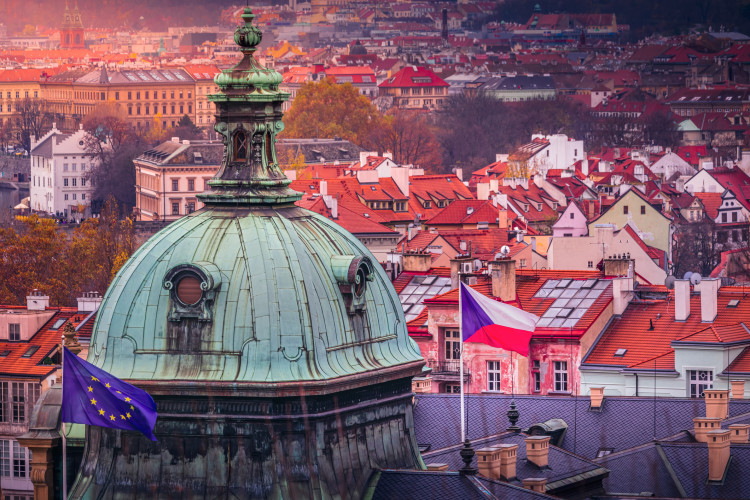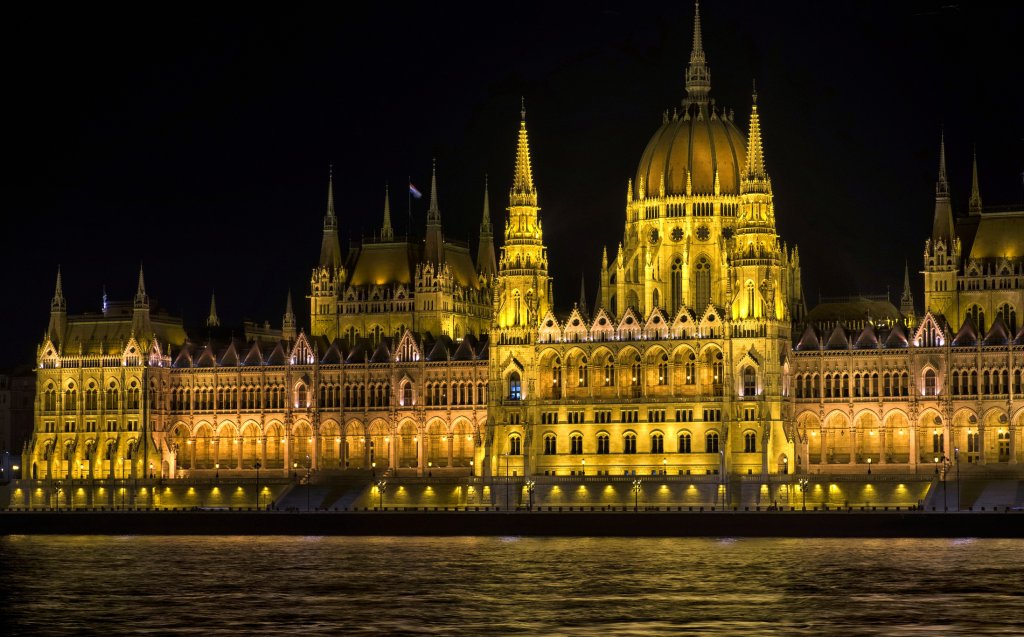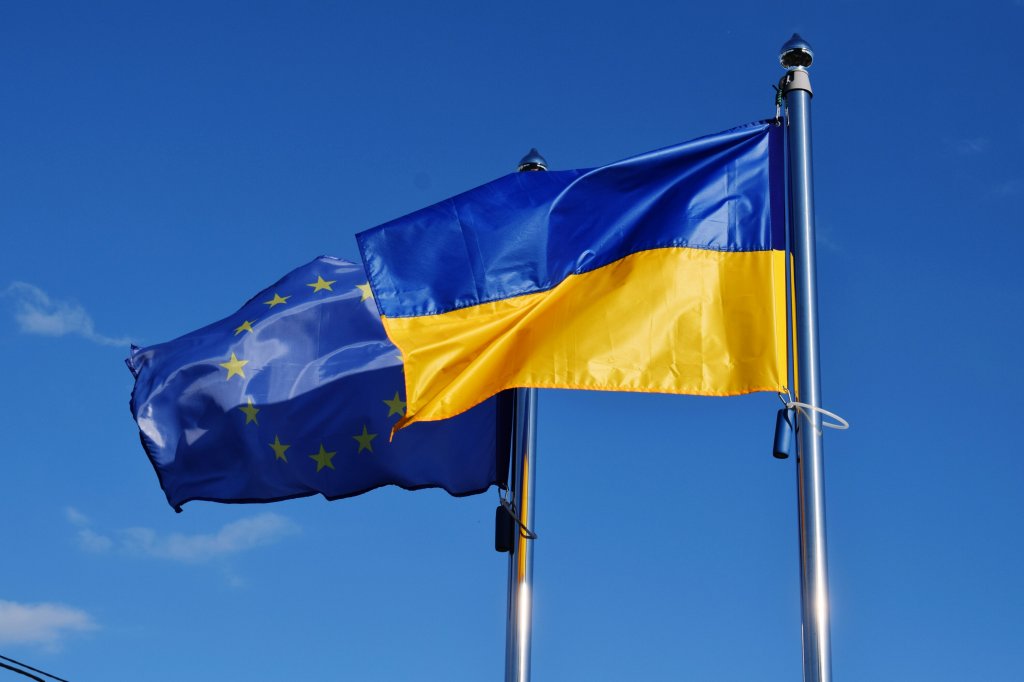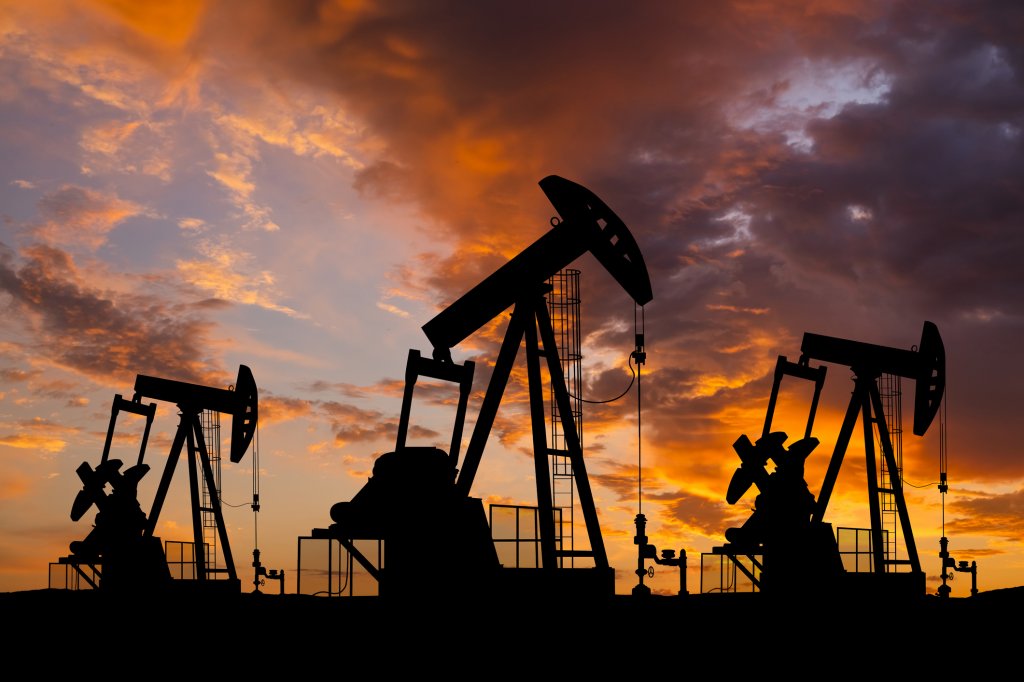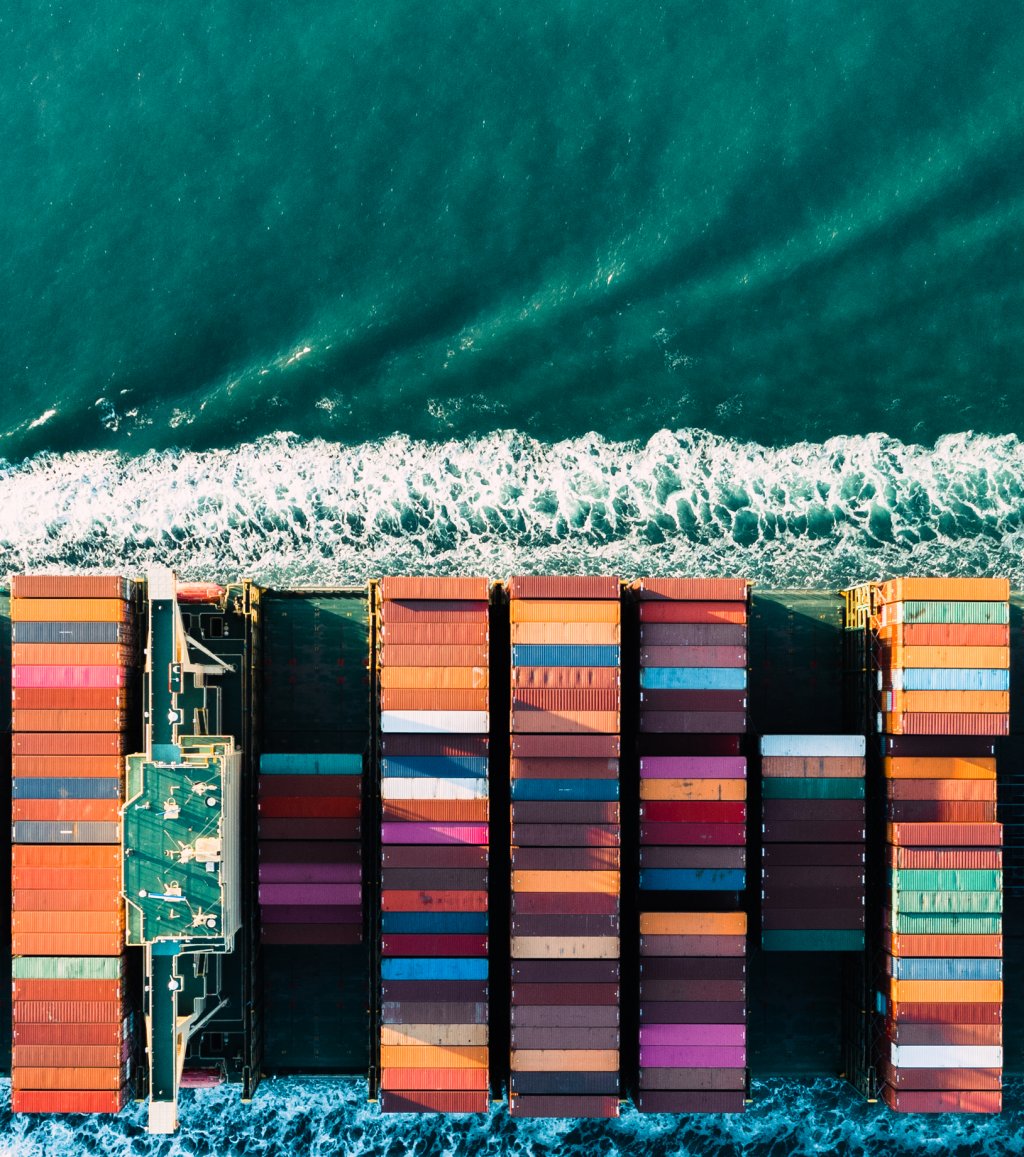The Czech presidency of the Council of the European Union, which runs from the 1 July until the end of 2022, will take place during a period of great crisis for the European continent. “This presidency is not geared for good weather, but for bad times,” Pavel Havlicek of the Prague-based Association for International Affairs recently told AFP.
Russia’s invasion of Ukraine, the energy crisis, rampant inflation, a tiny presidency budget locked-in by the previous Czech government, and a host of contentious files on the legislative agenda means there is apprehension in Brussels, as well as in other European Capitals, as to whether the central European nation has the ability and capacity to manage the task at hand.
Already labelled the ‘crisis presidency’ by Politico, memories of the last time the Czech Republic held the rotating presidency of the EU council, in the first six months of 2009, are not immediately reassuring. Labelled “the worst EU presidency in history” at the time by EUObserver, a series of diplomatic gaffs, a eurosceptic President, and a government booted out of office before the presidency came to end means many in Prague look back with some embarrassment on their first EU presidency.
But memories are not infallible, and a closer look back at their 2009 presidency reveals that the Czech government gained experience particularly suited to today’s challenges. In a crisis that struck on the first day of the Czech presidency in 2009, and one that shows how constant some of Europe’s challenges are, Putin cut off the gas to Europe because of a dispute between Moscow and Kyiv. The Czech government ultimately played a key role in negotiating an end to a crisis that threatened to leave hundreds of thousands of people without the ability to heat their homes in the middle of winter.
Despite valuable experience like this under its belt, and a new coalition government under the leadership of centre-right Prime Minister Petr Fiala recently installed in Prague, expectations are that this will be a reactive presidency driven by the Ukraine crisis. The Prague government has admitted as much.
Building upon the international goodwill they have earnt from their support to Ukraine since Russia’s invasion, they have made it clear they will focus largely on aid to Ukraine and the war’s repercussions. More specifically, they have stated that their priorities will be the refugee crisis, the launch a post-conflict reconstruction effort, shoring up the EU’s energy security, reinforcing defence capacities and economic resilience, and protecting democracy.
Zooming in on energy policy, EU legislative priorities have also been severely affected by the economic and energy crises faced by governments at home, and here Prague is no exception. There is considerable domestic pressure to manage high energy prices, meaning that a difficult balancing act is needed to pursue the EU priority to decarbonize the European economy while also securing the critical supply of fossil fuels that still drive much of Europe’s economy and warm our homes when winter approaches.
Government officials have already admitted that with so much going on, many files may be delayed. So what can businesses and the general public expect from this Czech presidency, more concretely?
Firstly, the presidency is expected to be modest and pragmatic (given its limited budget); not seeking to push files that have struggled to find consensus. Its understaffed and underfunded presidency is expected to receive considerable support from the EU Council Secretariat, as well as the other member states in the presidency trio, which includes the outgoing French, and the incoming Swedes. This may limit its ability to control the Council agenda as other larger countries like France were able to.
On trade, Prague has traditionally been a strong advocate for freer trade (contrary to the outgoing French presidency) but little movement is expected due to the difficult context. However, the Swedish presidency in 2023 is expected to be ambitious on this front so some observers expect Prague to lay some groundwork here. For example, we can maybe expect the “mirror clauses” approach in trade agreements pushed by Paris to be side-lined in favour of a diversification of supply chains approach.
On Energy, Prague is expected to focus on several major files. The REPowerEU proposal seeks to end reliance on Russian fossil fuels before 2030 in response to the 2022 Russian invasion of Ukraine, while the Renewable Energy Directive II (RED) promotes the use of energy from renewable sources. The Energy Efficiency Directive (EED) mandates energy efficiency improvements within the European Union while the Gas Storage Regulation provides that gas storage sites must be filled to at least 80% of their capacity by 1 November 2022, and to 90% by 1 November in subsequent years.
These files are seen as having a good chance of being concluded by the end of the Czech presidency, but strong disagreements exist between member states about the extent to which gas can form part of Europe’s long term energy solution. A key battleground to watch.
Czech civil society is also concerned that the government is not committed enough to push forward Fit for 55 files. However, Czech politicians are sensitive to calls from civil society and with the additional concern that the upcoming Swedish presidency in early 2023 is expected to be more ambitious on climate topics, Prague has an interest in seeing those files pass during its mandate.
An issue Prague is not keen to reopen is the sensitive discussions over ‘open strategic autonomy’ vs ‘strategic autonomy’. The Czechs would normally align with the more open-leaning, free-trading Nordic nations on this topic, but they are likely to be more reserved than their northern neighbour while holding the presidency, for fear of kicking Europe’s protectionist hornet’s nest.
On the platform workers question, an ambitious expansion of the Commission’s proposal by the European Parliament’s rapporteur should face stiff resistance in the Council from member states who see this as an encroachment too far by the EU into member states competence. Nevertheless, a compromise agreement is expected given the prominent role these new digital platforms have in our urban centres today.
The EU is also trying to take a global lead in regulating AI technology, with an ambitious proposal released in 2021 that seeks to reign in some of AI’s most worrying applications. However, the complexity and novelty of the file means Prague will have its work cut out working through all the different national sensitivities. Expect progress to be somewhat limited here.
The importance of the internal combustion engine (ICE) to the European economy, and the world-leading positions that Europe enjoys in that sector makes the banning of the ICE in cars by 2035 one of the more surprising policies to have emanated from the von der Leyen Commission. However, the ban has now already received the approval of Parliament and Council, so Prague will now only be able to direct trilogue talks for the passage of a file that it, as a major car producer, had serious reservations about.
Few six-month presidencies will have ever seemed so daunting to an incoming EU member, but given the considerable attention and global significance of the crises confronting Europe today, expectations on what Prague can achieve will be tempered, while its geographic location, history and economy makes it a particularly pertinent voice to lead the Council of the EU during these times of crisis. Hodně štěstí!
